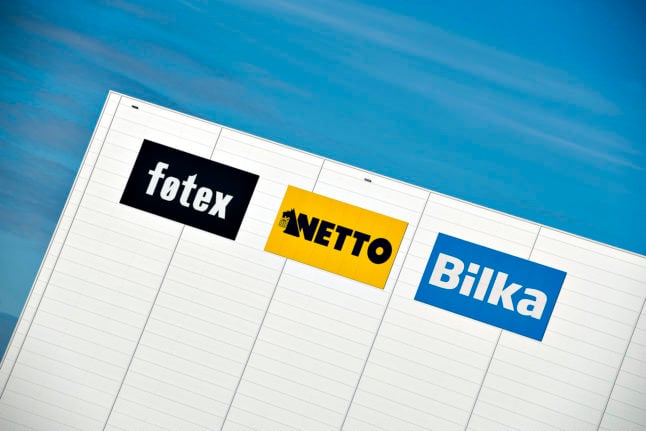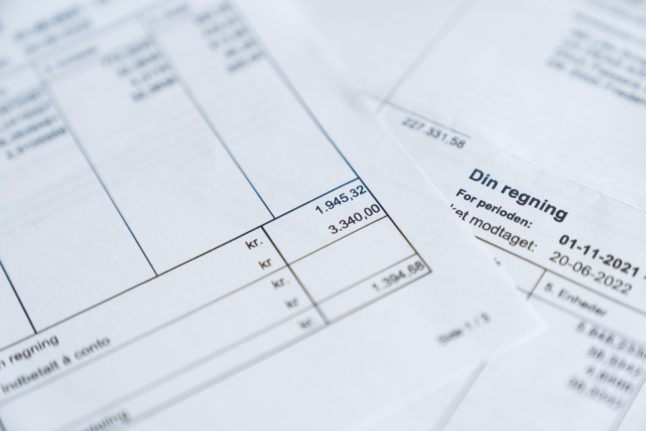The Salling company, which owns three supermarket chains in Denmark including Føtex and Bilka, earlier this year placed temporary limits on the price of selected products, in response to inflation.
But a number of the products have since been sold for more than the fixed prices, broadcaster DR reported.
A review of prices conducted by DR, using data from the Beepr price checking tool, showed that not all of Salling’s prices were in line with the limits previously promised by the company.
Specifically, four products were found to be priced over the promised limits.
The four products in question according to DR are a picture frame; a spreadable cheese from the P. Rondele brand; a 600g fish fillet in breadcrumbs, and Salling organic branded fruit bars. None of the products are priced at more than 10 øre (a tenth of a krone) above the advertised limit.
Around 200 different products at Bilka and Føtex were initially included in the price limit pledge. Additional products have since been added, bringing the total to 340-360 products according to Salling.
Salling director of communication Henrik Vinther Olesen said he “hoped for forgiveness” in comments to DR.
The company initially explained to DR that the higher prices were a result of special offers.
Products that had been on offer could see prices increase once the offer ended, despite having a limit placed on them.
But this was not found to be the case for two of the products in question, DR writes. Additionally, Salling said it had found two other products which had increased in price despite the prices ostensibly having been fixed.
“An error has occurred here when the prices should have been fixed,” Olesen told DR, noting that two of the products mentioned by the broadcaster had been “entered incorrectly”.
Although the amounts involved are small, he said that “if anyone has purchased large amounts of this so it can be rounded up and refunded, we will do it”.
“It’s not our intention that anyone should feel cheated. They should feel secure. So I also hope that people understand that these 5 or 10 øre [fixed price oversteps, ed.] are little mistakes that we have corrected,” he also said to DR.
Denmark is currently seeing a general trend of increasing prices at grocery stores as the country experiences record inflation.



 Please whitelist us to continue reading.
Please whitelist us to continue reading.
Member comments